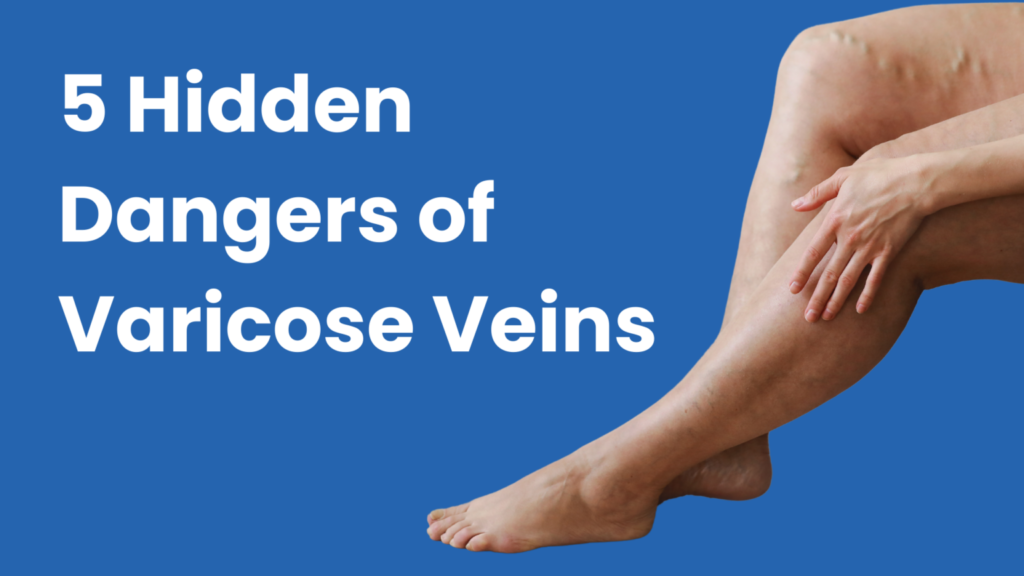You’re starting to notice some swelling in your lower legs and/or ankles, and you know that an injury isn’t the cause of the problem. The odds are fairly good that the swelling might be related to your cardiovascular health, which means the side effect should be heeded as a warning.
To emphasize the importance of seeking help from a specialist when you have an unexplained issue like swollen legs, Dr. Ariel Soffer and the team here at Soffer Health Institute present the following information.
Table of Contents
ToggleFirst steps to figuring out the swelling
There are many reasons why your lower legs and ankles can swell, and some are more obvious than others. For example, perhaps you’ve twisted an ankle and now it has some swelling. Or, maybe you’re in your eighth month of pregnancy and you’re experiencing swollen ankles, which is a perfectly normal result of your body retaining more fluid. Another good example is spending long hours on an airplane without moving around much.
If none of these obvious or temporary conditions apply, and you’re experiencing ongoing issues with swollen lower legs and ankles, it might be related to your cardiovascular health.
Swollen legs and your cardiovascular health
The medical term for swelling is edema, which describes a fluid buildup in your tissues.
There are several cardiovascular issues that can lead to the problem, including:
Chronic venous insufficiency (CVI)
The veins in your legs are responsible for fighting distance and gravity to deliver blood back up to your heart for oxygenation. To help, these veins feature tiny one-way valves that shut off as blood passes through, preventing it from spilling backward. With CVI, these valves weaken, allowing blood to pool, which can lead to varicose veins and swollen legs.
CVI is very common — an estimated 6-7 million people in the United States have CVI — and it can be managed with our help.
Heart failure
A more serious cause of swollen legs is heart failure, a condition in which your heart isn’t able to pump your blood effectively. As a result, blood can back up in your vessels, especially those in your legs. Heart failure is a serious condition, but the earlier you take steps to identify and manage the problem, the better your outcome.
Blood clots
If the swelling is only in one leg, it might be a sign of a blood clot or deep vein thrombosis. Along with swelling, you may experience an ache in your leg and/or a change of skin color. Our primary concern with an untreated blood clot in your leg is that it can travel to your heart, lungs, or brain. Here again, we can effectively treat and monitor blood clots.
There are other fairly serious issues that can lead to ongoing leg swelling, such as kidney or liver disease, which is why it’s important that you have us check you out. Through a comprehensive evaluation and testing, we can get to the bottom of your swollen legs and quickly get you on the right treatment plan.
For expert diagnosis and treatment of your swollen legs, contact one our offices in Weston, or Aventura, Florida, to set up an appointment.



